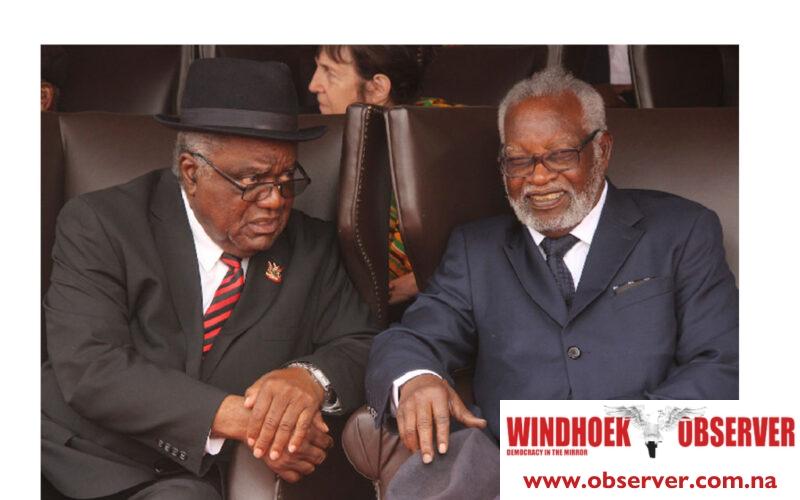Niël Terblanché
Namibia’s former heads of state, founding President Sam Nujoma and second President Hifikepunye Pohamba, have joined 33 former global leaders in an appeal to U.S. President Joe Biden to remove Cuba from the list of state sponsors of terrorism.
Former Colombian President Ernesto Samper led the group that sent the collective letter ahead of the 79th United Nations General Assembly in New York.
The letter, according to a report in the People’s Dispatch, argues that Cuba’s continued inclusion on the U.S. list is unjust and worsens the already dire situation for millions of Cubans.
The former heads of state stressed that Cuba has been a consistent advocate for peace, particularly in its role as a key mediator in peace negotiations in Colombia, highlighting the Caribbean nation’s dedication to promoting peace and fighting terrorism.
Namibia’s former presidents added their voices to this humanitarian appeal, focussing on the severe impact of U.S. sanctions on the Cuban population, which has endured decades of hardship, including food shortages, lack of access to medicine, and economic instability.
This call follows similar past requests, such as those made after Cuba’s removal from a related U.S. anti-terrorism cooperation list in May 2024.
The report states that Cuba remains on the State Sponsors of Terrorism list, despite increasing international pressure to lift sanctions.
The letter further states that Cuba’s inclusion on the list is a relic of Cold War politics and contradicts Cuba’s cooperation in global anti-terrorism efforts.
The signatories, including high-profile figures like Brazil’s Dilma Rousseff and Argentina’s Cristina Fernández de Kirchner, pointed out that the financial embargo has had devastating effects on Cuba’s economy and people, worsening the humanitarian crisis on the island.
According to the report, the latest appeal adds to a growing movement of international leaders seeking to mend U.S.-Cuba relations and relieve the suffering of ordinary Cubans.
Cuba began to appear on the controversial list for supporting armed movements in Latin America and Africa during the Ronald Reagan administration in the early 1980s.
As part of the re-establishment of diplomatic relations between the two countries, former President Barack Obama removed Cuba from the list of countries sponsoring terrorism in 2015.
President Donald Trump overturned this decision in January 2021, arguing that the Cuban government maintains ties with groups like the Revolutionary Armed Forces of Colombia (FARC) and the National Liberation Army (ELN) and that it refused to extradite 10 ELN leaders implicated in the 2019 attack on the police cadet school in Bogotá.
In May of this year, the State Department removed Cuba from the list of countries that do not cooperate in the fight against terrorism, but Cuban authorities have repeatedly condemned its inclusion in another list of countries that do support terrorism.
Aside from Cuba, North Korea, Iran, and Syria also appear on the State Sponsors of Terrorism list.
If the US Department of State determines that countries have repeatedly provided support for acts of international terrorism, it places them on the list.
The countries on the list are restricted from receiving U.S. foreign assistance, banned from defence exports and sales, and face strict controls over exports of dual-use items and miscellaneous financial and other restrictions.




